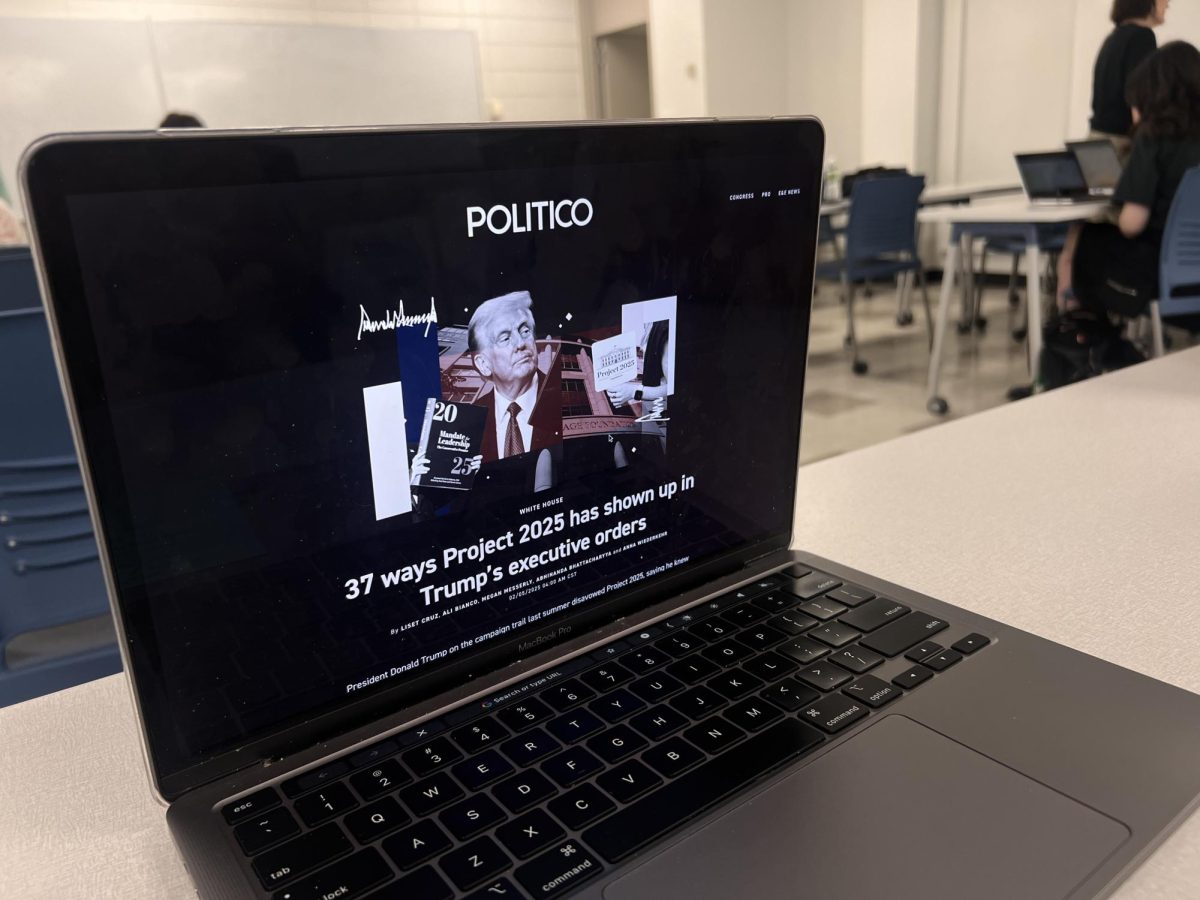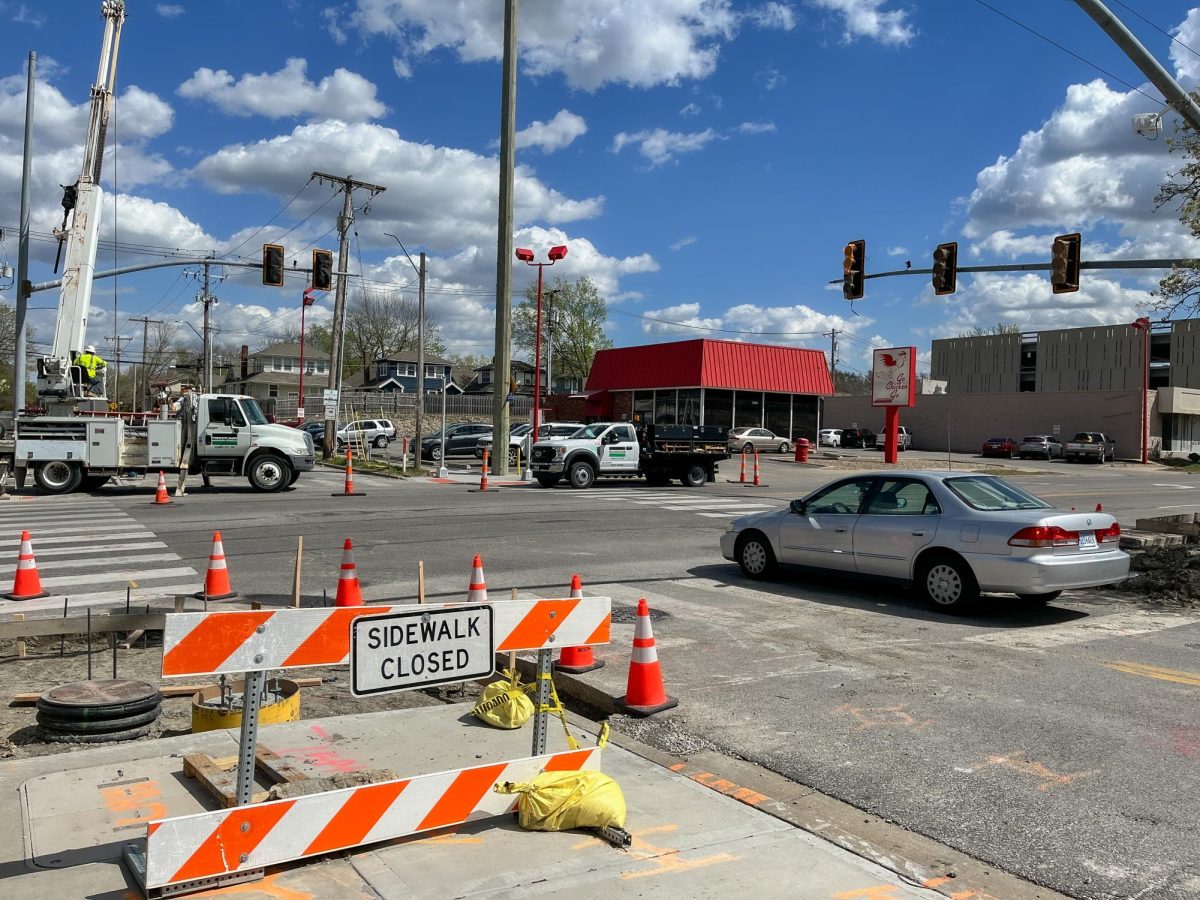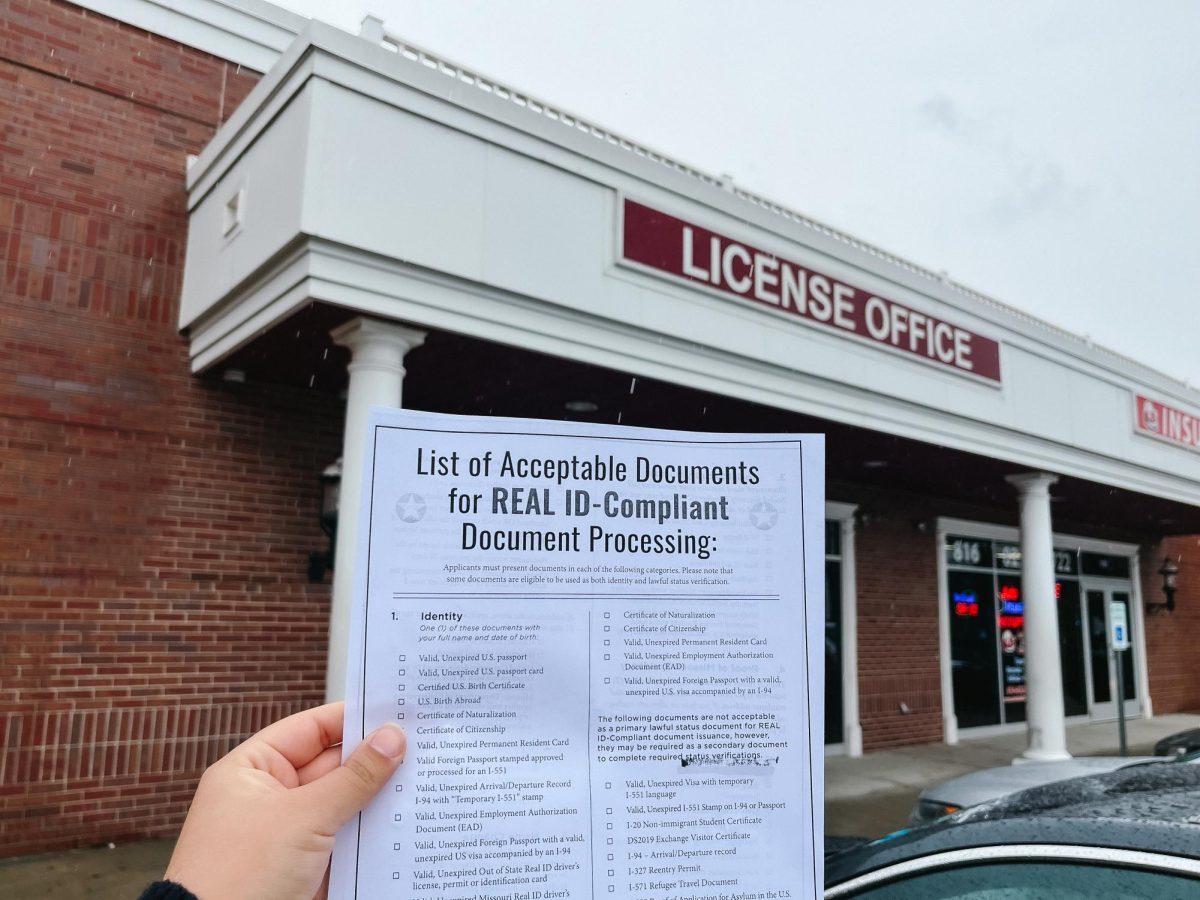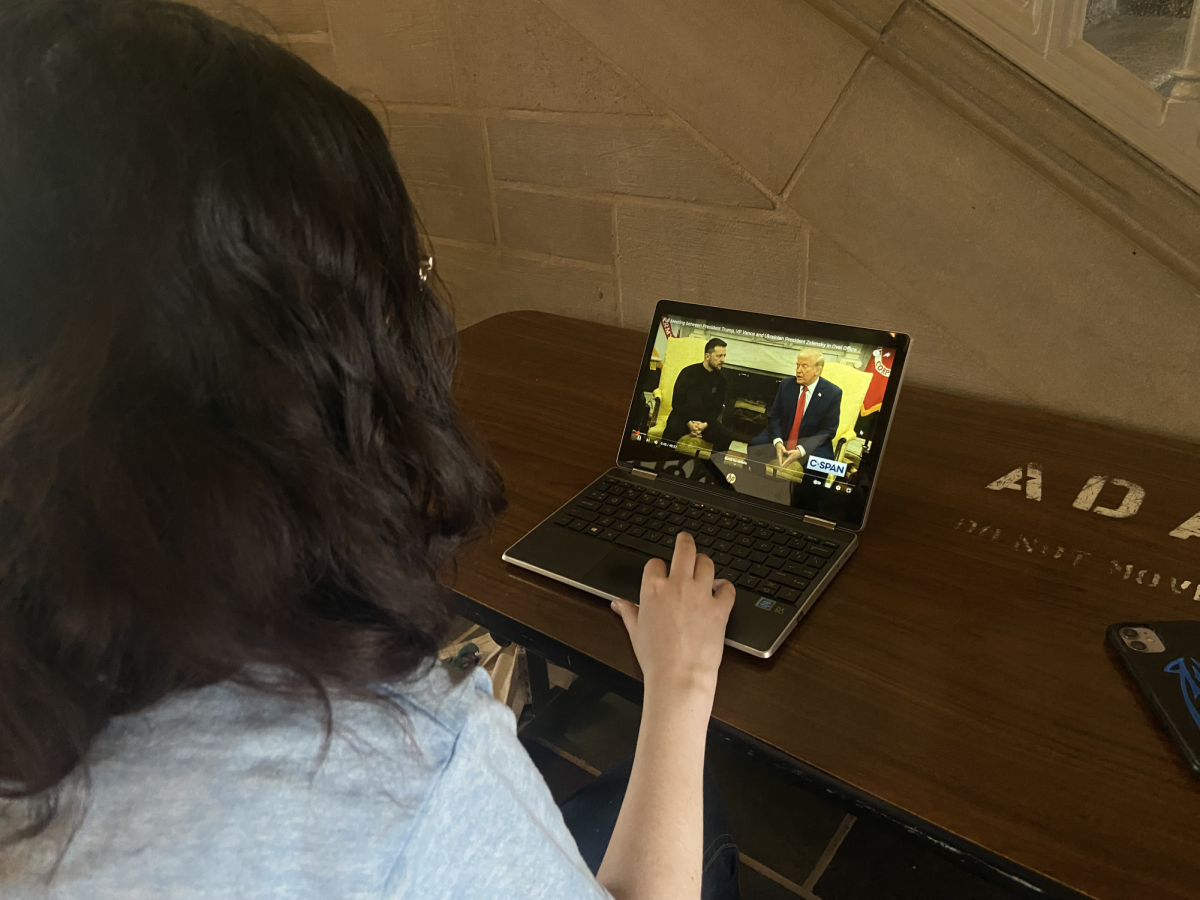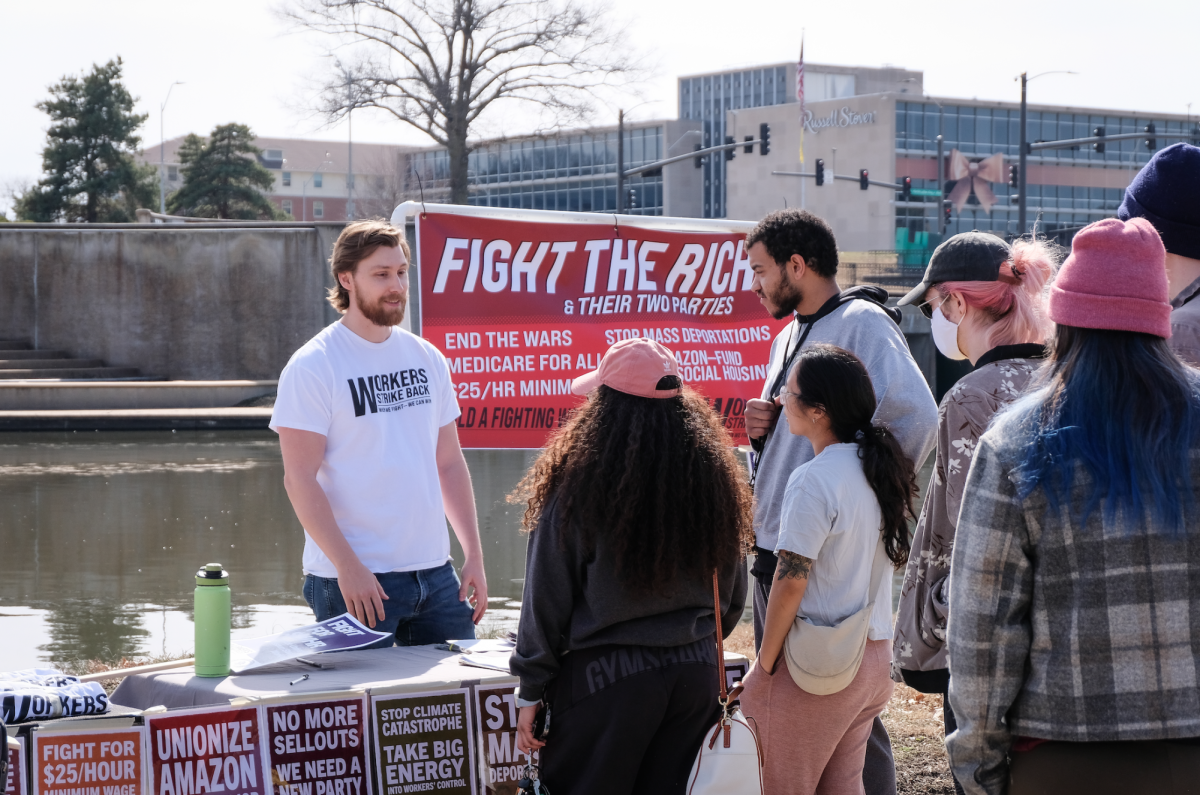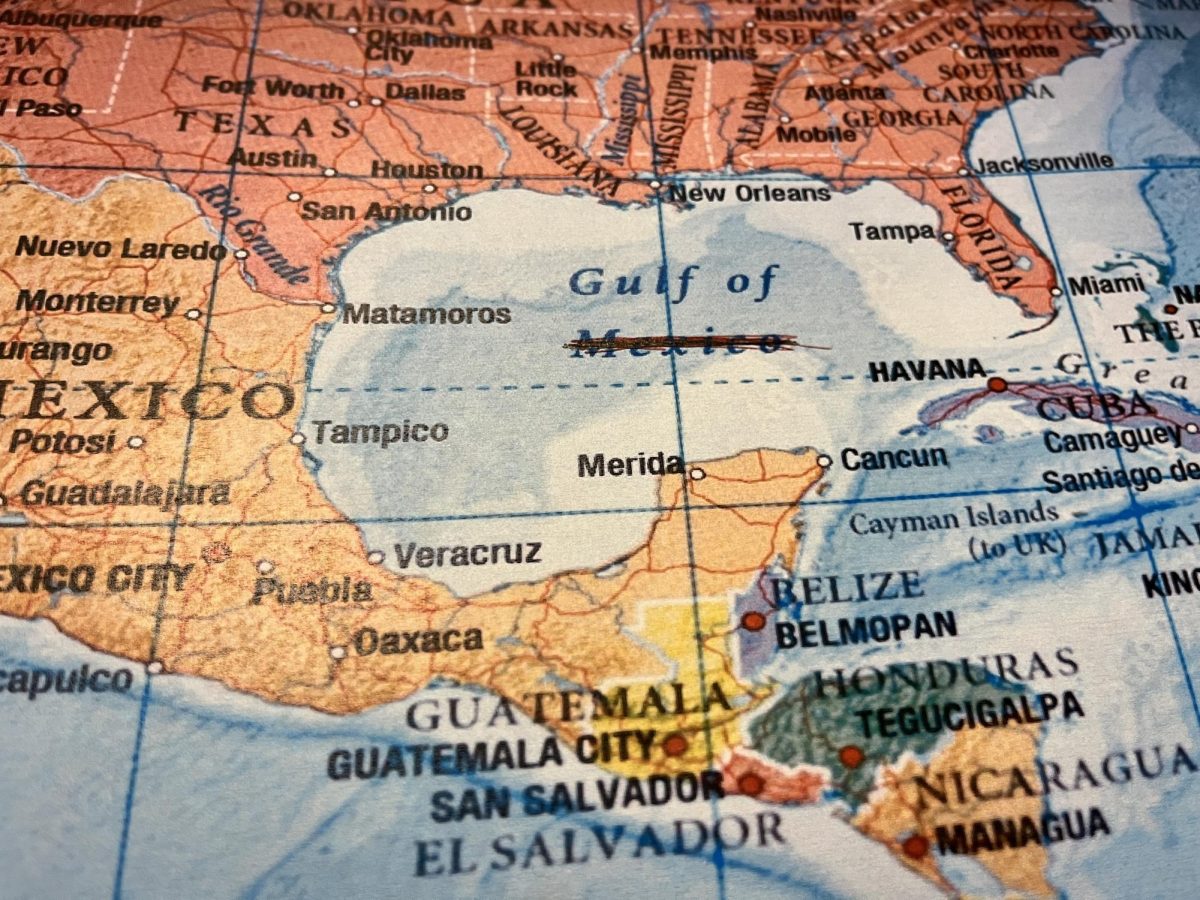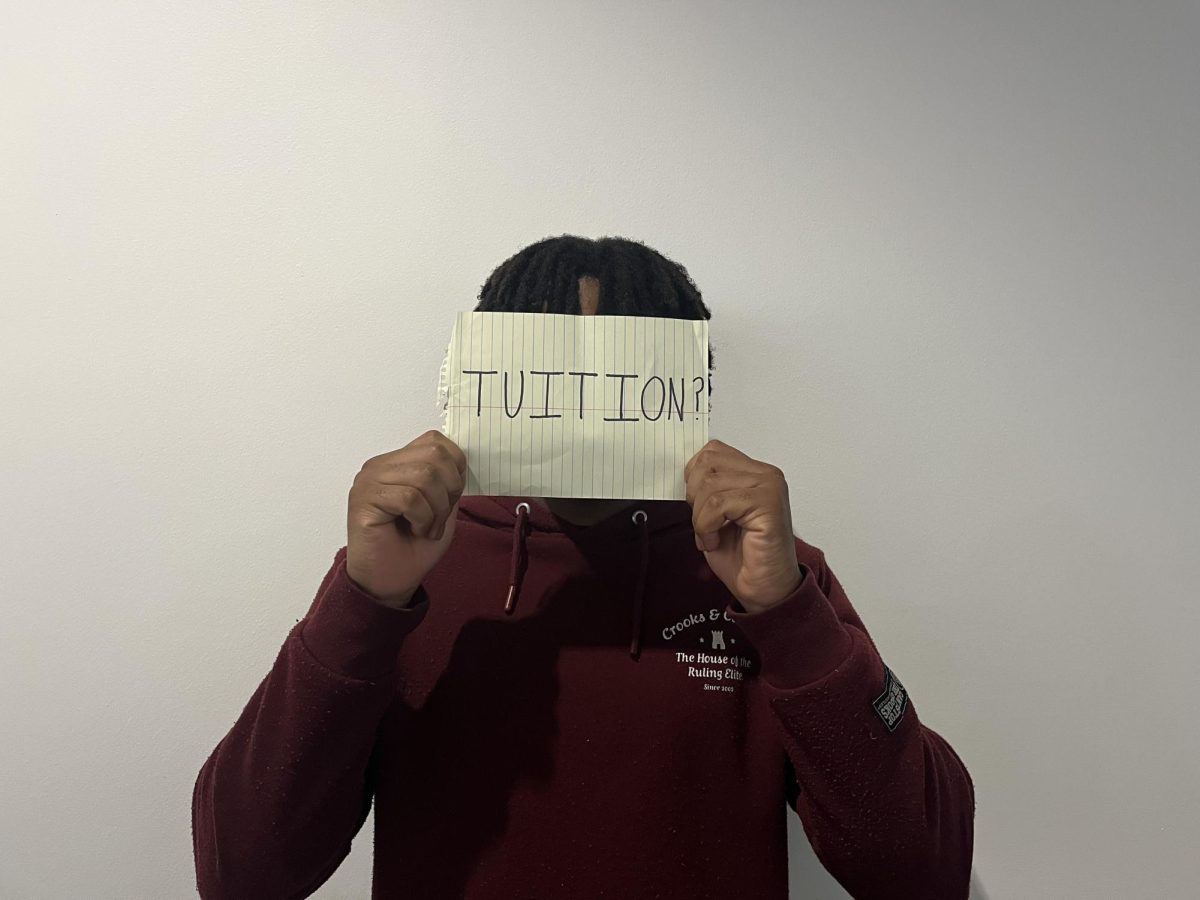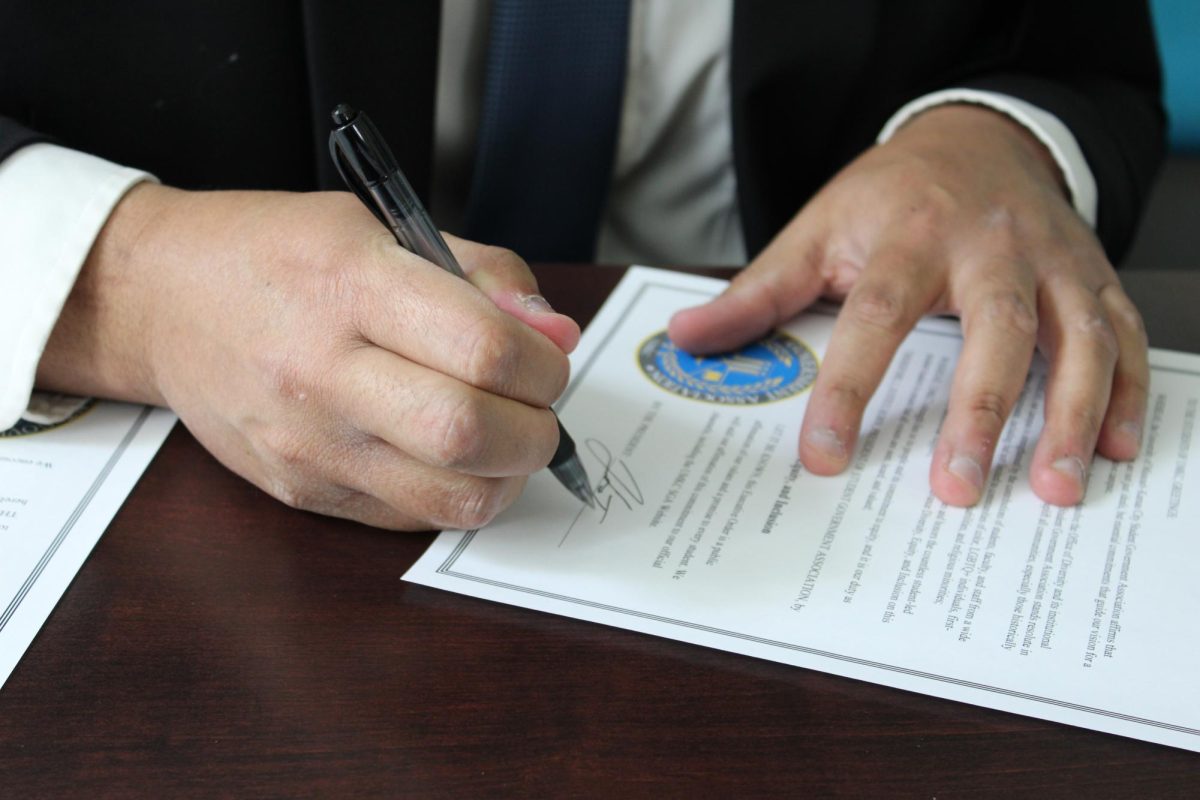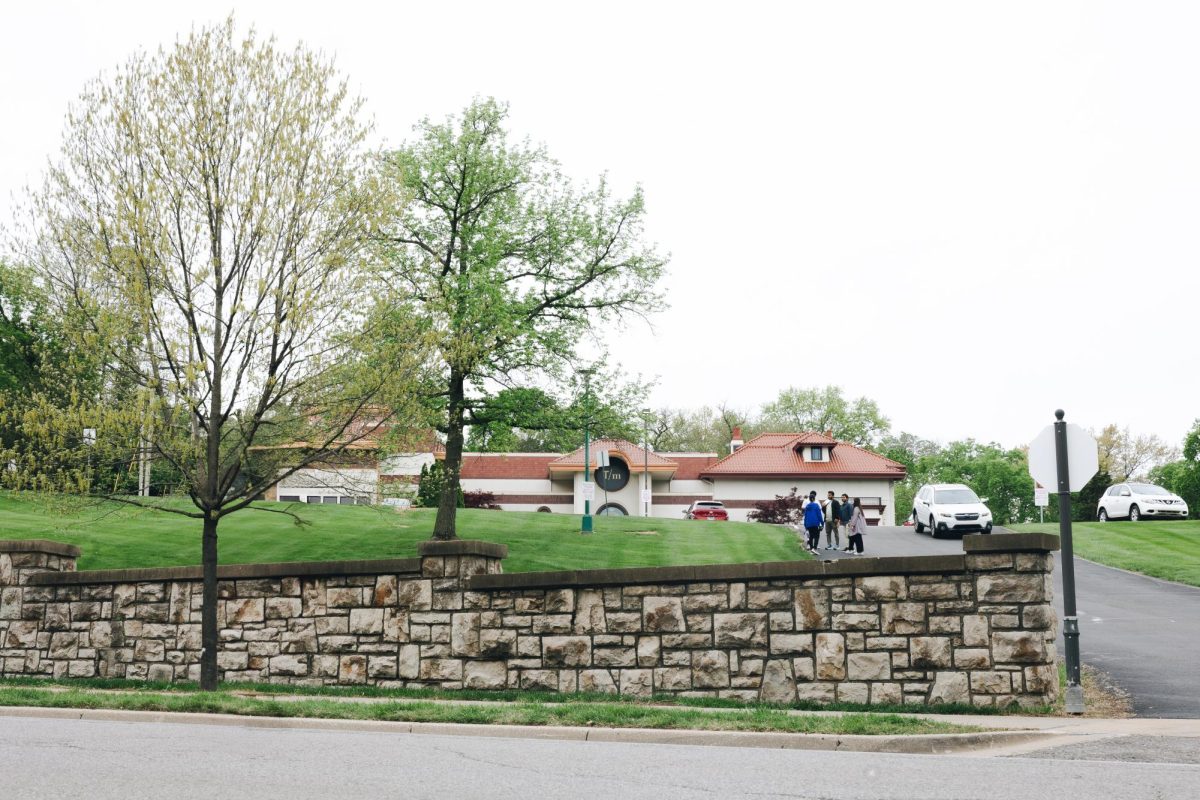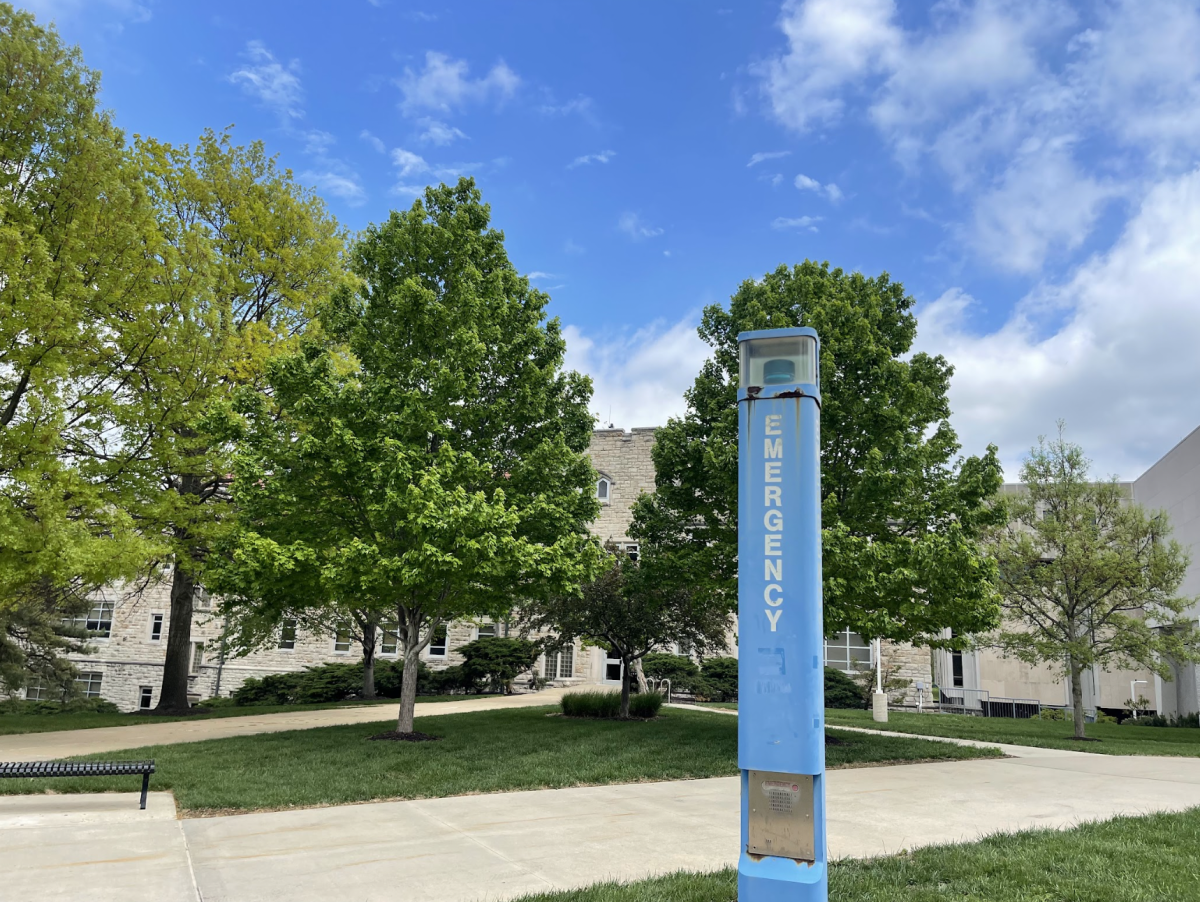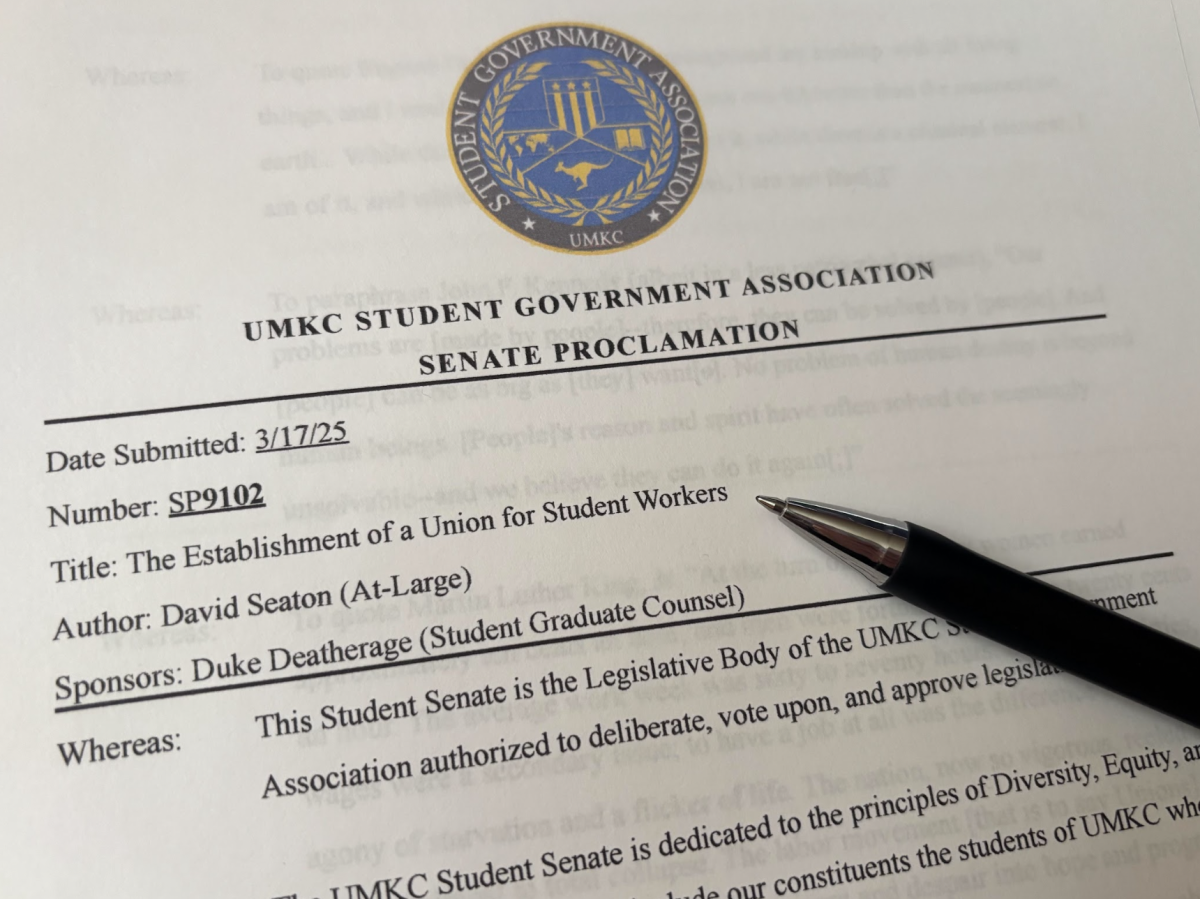UMKC students questioned the legitimacy of the executive order signed in January by President Donald Trump that mandates the death penalty to anyone convicted of killing a police officer.
Students and political science professors around UMKC pointed out that Trump’s recent executive order requiring the death penalty for any police murders wouldn’t affect that many cases, because most murders are handled in state courts.
Trump announced in his speech to congress (when) that he signed the executive order that would make the death penalty mandatory in such cases. During his speech, he asked lawmakers to make it a permanent law.
Freshman film and media studies major, Dany Stock, says that no other president has done this before.
“Donald Trump exercises power he doesn’t actually have, but he tells people the opposite and they just believe him, but this is what Trump does,” said Stock. “He issues executive orders that are reactionary, outside his jurisdiction, and borderline unenforceable.”
Associate professor Benjamin Woodson says that because of the difference between federal and state crimes and their court system, the executive order will not have much of an effect.
“Almost every murder case is a violation of state laws,” said Woodson. “Above 90% of criminal cases are dealt with at the state level. Donald Trump’s executive order only affects the federal government. His order has no effect on what happens in the Missouri or Kansas court systems, he has no influence on what happens in state court.”
Criminal cases, including murder, are primarily handled at state level. Some states do not have the death penalty, meaning this order could face legal challenges from the states that oppose capital punishment.
Donald Trump has signed more than 70 executive orders as of Feb. 20, 2025. This is the highest number seen in a president’s first 100 days in more than 40 years.
Many struggle to keep up with the new executive orders signed each day. Sophomore nursing student Ava Teiwes said that she had no idea.
“I don’t keep up with all of the executive orders, it’s a lot,” said Teiwes. “It’s upsetting to learn that the president is promoting the use of the death penalty.”
Trump’s order directs the U.S. Department of Justice to help states obtain lethal injection drugs, though he has not stated how he will do so. The order also instructs the attorneys general to encourage state attorneys general along with district attorneys to pursue capital charges for those convicted of the crime.
Some states, including New Mexico and Iowa, are considering bills that would expand capital punishment by making the murder of a police officer eligible for the death penalty.
Iowa State Senator and one of the bill’s sponsors, Dennis Guth, said that the bill could provide closure for a victim’s family and close friends, and that in this case it might keep others safe in the long run.
However a Death Penalty Information Center analysis of U.S. murder data from 1987 through 2015 has found no evidence that the death penalty deters murder or protects police. Data from this analysis shows that police officers were murdered at higher rates in states that had the death penalty than in states that didn’t.
Dany Stock says that there are much bigger issues than this.
“Cops killing innocent people, most of them being Black, is a far bigger issue,” Stock said. “We have given our police forces a license to basically do whatever they want, it’s political theater.”
abtxz@umsystem.edu


